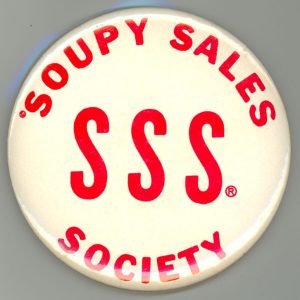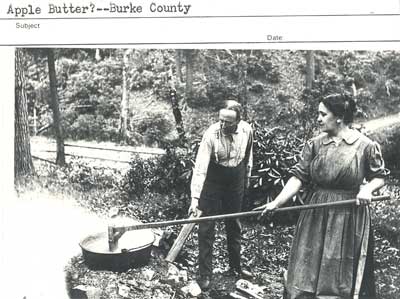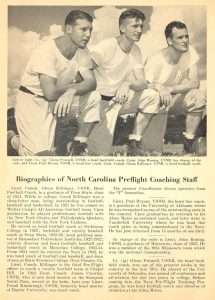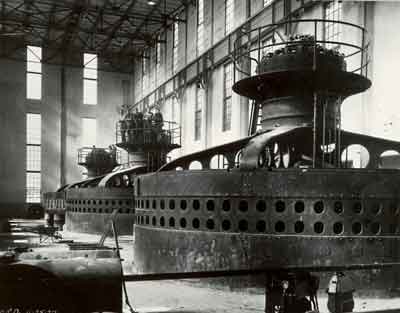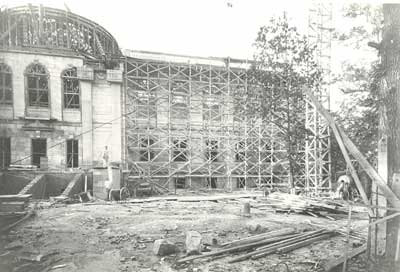Death noted: TV comedy pioneer Soupy Sales, born Milton Supman in Franklinton, where his parents Irving and Sadie ran a dry-goods store. According to today’s obituary in the New York Times, “His last name was pronounced ‘Soupman’ by neighbors, so he called himself Soupy as a youngster.” He was 83.
After joining the Navy, earning a journalism degree from Marshall College and working as a disc jockey, he found fame catching pies in the face and dodging paw swats from White Fang, “the biggest and meanest dog in the United States.” “The Soupy Sales Show,” first aired as “Soup’s On” on a Detroit station, made its network debut on ABC in 1955.

